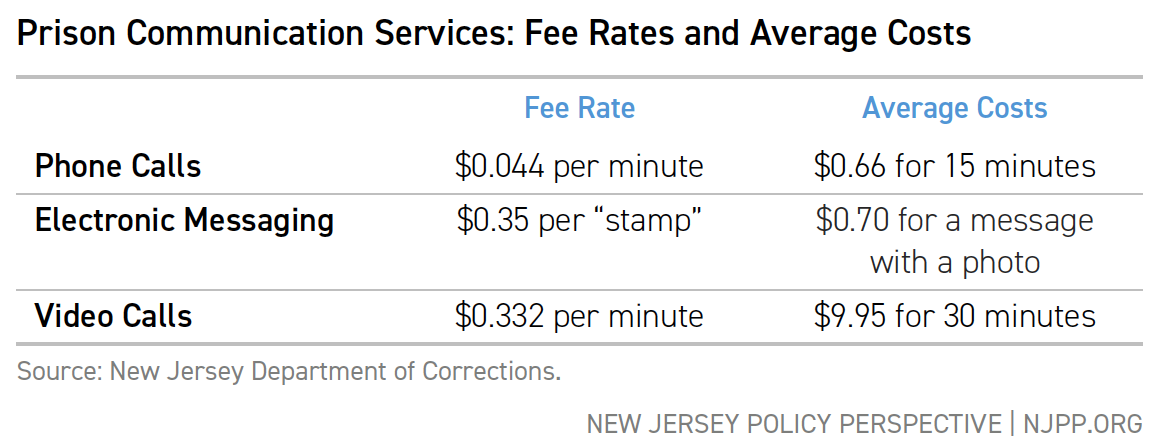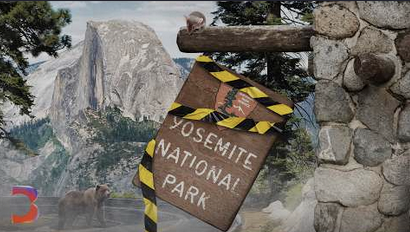cross-posted from: https://lemmy.world/post/23500333
...
We now finally have the ugly truth on these fake artists—but no thanks to Spotify. Or to that prestigious newspaper whose editor I petitioned.
Instead journalist Liz Pelly has conducted an in-depth investigation, and published her findings in Harper’s—they are part of her forthcoming book Mood Machine: The Rise of Spotify and the Costs of the Perfect Playlist.
Mood Machine will show up in bookstores in January and may finally wake up the music industry to the dangers it faces.
Pelly started by knocking on the doors of these mysterious viral artists in Sweden.
Guess what? Nobody wanted to talk. At least not at first.
But Pelly kept pursuing this story for a year. She convinced former employees to reveal what they knew. She got her hands on internal documents. She read Slack messages from the company. And she slowly put the pieces together.
What I uncovered was an elaborate internal program. Spotify, I discovered, not only has partnerships with a web of production companies, which, as one former employee put it, provide Spotify with “music we benefited from financially,” but also a team of employees working to seed these tracks on playlists across the platform. In doing so, they are effectively working to grow the percentage of total streams of music that is cheaper for the platform.
In other words, Spotify has gone to war against musicians and record labels.
At Spotify they call this the “Perfect Fit Content” (PFC) program. Musicians who provide PFC tracks “must often give up control of certain royalty rights that, if a track becomes popular, could be highly lucrative.”
Spotify apparently targeted genres where they could promote passive consumption. They identified situations in which listeners use playlists for background music. That’s why I noticed the fake artists problem first in my jazz listening.
According to Pelly, the focal points of PFC were “ambient, classical, electronic, jazz, and lo-fi beats.”
When some employees expressed concerns about this, Spotify managers replied (according to Pelly’s sources) that “listeners wouldn’t know the difference.”
They called it payola in the 1950s. The public learned that radio deejays picked songs for airplay based on cash kickbacks, not musical merit.
Music fans got angry and demanded action. In 1959, both the US Senate and House launched investigations. Famous deejay Alan Freed got fired from WABC after refusing to sign a statement claiming that he had never taken bribes.
Transactions nowadays are handled more delicately—and seemingly in full compliance with the laws. Nobody gives Spotify execs an envelope filled with cash.
- On February 7, Spotify’s CEO sold 250K shares for $57.5 million.
- On April 24, Spotify’s CEO sold 400K shares for $118.8 million.
- On November 15, Spotify’s CEO sold 75K shares for $35.8 million.
- On November 20, Spotify’s CEO sold 75K shares for $34.8 million.
- On November 26, Spotify’s CEO sold 75K shares for $36.1 million.
- On December 4, Spotify’s CEO sold 75K shares for $37 million.
- On December 11, Spotify’s CEO sold 60K shares for $28.3 million.
Deejay Alan Freed couldn’t dream of such riches. In fact, nobody in the history of music has made more money than the CEO of Spotify.
Taylor Swift doesn’t earn that much. Even after fifty years of concertizing, Paul McCartney and Mick Jagger can’t match this kind of wealth
....

